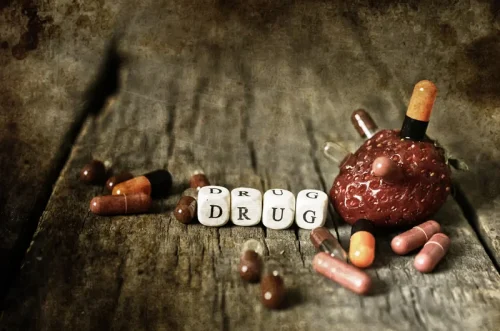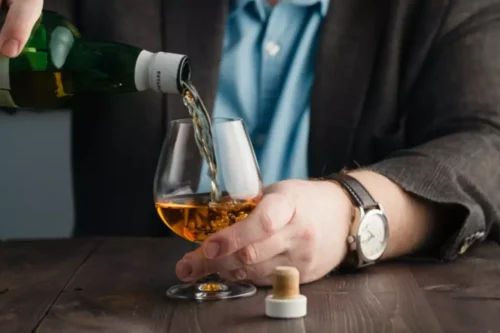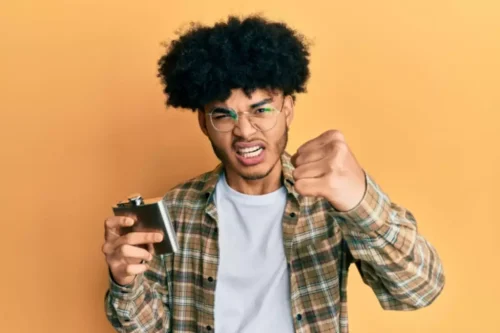
If you don’t want to meet face-to-face or call, try writing a letter or an email to initiate contact. If you receive a positive response, you may want to suggest https://ecosoberhouse.com/article/6-ways-to-take-a-break-from-drinking-alcohol/ meeting up to apologize and make amends. If not, give your loved one time to process the information and wait until they’re ready to connect with you.
The Importance of Healthy Relationships in Recovery
These things don’t just happen overnight – they take time and effort. Loved ones may also develop codependent behaviors, such as enabling the addict, taking on the role of a caretaker, and placing the user’s needs before their own. Often, family members or friends require their romantic relationships in recovery own therapy for issues related to drug or alcohol abuse. Chronic drug and alcohol abuse can damage relationships, and lead to severe emotional pain and unhealthy coping skills, such as enabling. Moreover, learning to trust oneself is equally important in the recovery process.

The non-addict partner
For the addict or alcoholic, the relationship could be pulling them down due to guilt over not being able to be fully present, depression, or pressure to be happy in front of their partner. The relationship also takes up invaluable time and mental space from the addicted person in early sobriety. Individuals in 12-Step programs can cultivate new relationships full of hope and positivity.
The partner who has a substance use disorder
- Also look deep into yourself and reflect on why you would even consider having this kind of friendship or relationship.
- Similarly, during drug and alcohol rehabilitation, your loved one’s inner gardens thrive when they have healthy relationships to nurture them.
- Navigating relationships in recovery is a complex process that can present unique challenges for couples.
- The supportive partner may also go through their own emotional process.
Instead of criticizing or questioning your partner’s efforts, share your fears and your need for reassurance. You are just listening—without judgment—to your partner about where they are. Embrace each step with hope, knowing that every effort contributes to a brighter future for you both.


- Seek the help of an experienced therapist who can guide you both toward healing.
- Could you envision yourself in a long-term relationship with someone who lives a different lifestyle from you?
- If your partner is recovering from addiction, the process can come with challenges, and it may take time to cope with those challenges, but you’re not alone.
- Codependency is another form of an unhealthy relationship, where one person heavily relies on the other for emotional support, resulting in a cycle that hinders emotional growth and recovery.
- There may be certain things you can do to help your partner that wouldn’t cross your mind if you didn’t take the time to ask.






Discussion about this post